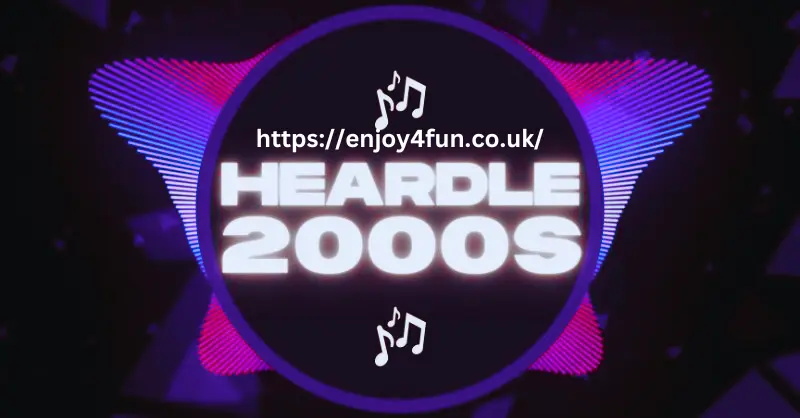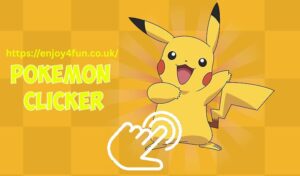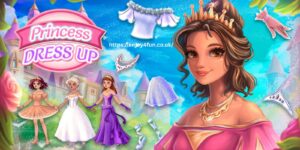In recent years, we’ve witnessed a significant resurgence of heardle 2000s music, much to the delight of millennials and Gen Z alike. This revival is not just a matter of nostalgia but has been largely facilitated by modern platforms that reintroduce these iconic tunes to today’s audience. One such innovative platform is Heardle, a music guessing game that challenges users to identify songs from short audio clips. This game, reminiscent of the beloved era, has brought back the golden hits of the heardle 2000s and redefined music engagement in the digital age.
Unpacking the heardle 2000s Musical Era
The heardle 2000s were a transformative period for music, marked by the rise of digital media and the evolution of various music genres. Artists like Beyoncé, Eminem, and Britney Spears dominated the charts with their catchy tunes and groundbreaking music videos. The era was also significant for the emergence of digital downloads, eventually leading to the decline of physical album sales.
This decade, we introduced a blend of R&B, pop, rock, and the early sounds of electronic dance music, setting the stage for many of the musical trends we see today. The influence of these genres is still evident in contemporary music, proving that the 2000s were crucial in shaping modern musical tastes.
The Role of Heardle in Music Revival
heardle 2000s acts as a bridge connecting the past with the present. By featuring tracks from the 2000s, it triggers nostalgia and introduces younger generations to music they might not have discovered otherwise. The game’s format—a few seconds of an intro leading players to guess the song—mirrors the snippet culture in today’s streaming world.
Moreover, Heardle has ingeniously capitalized on the competitive spirit by integrating social media sharing features, where players boast about their scores or express frustration over missed guesses. This social aspect has been pivotal in Heardle’s viral spread, turning it into a cultural phenomenon rather than just a simple game.
Marketing Genius: SEO and Engagement Through Nostalgia
From an SEO perspective, Heardle’s strategy is a masterclass in leveraging trending topics and nostalgia to drive traffic. Keywords related to “2000s music,” “song guessing games,” and “music nostalgia” are likely to draw significant search volumes as they tap into the collective fondness for the era. heardle 2000s keeps its content fresh and relevant by regularly updating its song database, encouraging repeat visits and prolonged engagement.
Educational and Cultural Impact
Beyond entertainment, Heardle offers educational value by encouraging musical exploration. Players often dive into the back catalogs of artists they encounter on the game, fostering a deeper appreciation for genres and styles they may not typically explore. This educational aspect is crucial in an era where music consumption is often criticized for being too focused on current hits at the expense of historical understanding.
Furthermore, Heardle is a cultural touchstone, a shared experience that spans global boundaries. It unites users in their love for music and sparks discussions about musical history, artist influences, and the evolution of genres. This global conversation enhances cultural literacy, making heardle 2000s a significant player in the broader music ecosystem.
Future Prospects: Heardle and the Evolution of Music Consumption
Looking ahead, Heardle’s impact on music consumption is poised to expand. As the platform continues to evolve, it could integrate more personalized features, such as recommending songs based on users’ guessing histories or linking to music streaming services for instant access to complete songs. Such innovations could transform heardle 2000s from a game into an integral part of music discovery and consumption.
Additionally, the potential for Heardle to incorporate more diverse musical eras and genres could further enrich its appeal and educational potential. By doing so, it would continue to serve as a nostalgic conduit and a beacon of musical diversity and discovery.
Conclusion
In conclusion, heardle 2000s is more than just a game—it is a revivalist tool that brings 2000s music back into the limelight and encourages a new generation to explore these timeless tunes. Its entertainment, education, and social engagement blend offers a unique model for how digital platforms influence music consumption and cultural exchange. As we look to the future, the continued evolution of Heardle promises to reshape our relationship with the music of the past, ensuring that the beats of the 2000s continue to echo in our collective memory.






